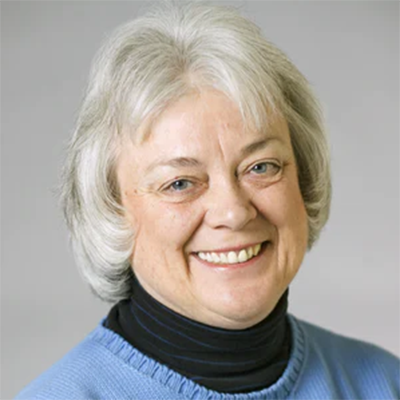Opinion: What's your favorite book? It's usually one that connects us to important memory

In late fall, I read the preface to an edition of Edith Wharton’s "Ethan Frome." The scholar began by telling us this book was her favorite novel. She read it for the first time years ago in her high school bedroom on a January snow-cold weekend. We have a favorite book because it is connected to something else: geography, weather, a personal issue we are struggling with. Favorite books all have partners. And favorite books remain in that category as long as we can recall what we partnered that book with, and this is why we have more than one “favorite book.” We all have different issues that come into our lives and books that help us see with more clarity.
I started thinking about those books I would call “favorite” and this one came to mind, one I hadn’t thought of in years: "The Women’s Room" by Marilyn French (1977). I hadn’t thought of this book in decades and without reading that scholarly preface on "Ethan Frome" would still not have thought of it. As soon as I realized that books come to mean so much to us is because we learned something that mattered to us deeply at the time we were reading that book.
In French’s book her character was about the age I was when I read the book. This character stayed at home with young children while her husband went off into the world every day to talk with those engaged in the same heady winds of his own all-consuming career. The wife stayed home and made index cards of household tasks that she would try to accomplish when the young children went down for naps. I saw my own life in these pages. And seeing that life, I didn’t know what to do with my own emotions.
More:Opinion: Women need other women to better their lives, their work and the world
More:Opinion: Asheville church houses memories of once-thriving Black neighborhood
Sometime in the late 1970s, a group of us went to Gail’s house for a discussion of the book. I remember we were maybe a dozen or more. We sat on chairs in her living room and on the carpeted floor. We started off with the book, but soon departed it. The book became the launch pad from which we could tell our own stories. How this book made us feel. How this book was speaking directly to each of us separately.
And the night went on and on. We didn’t stop after a couple hours; we were just beginning. I could feel the importance of this book in my very bones. I knew that something was being put in place that would change the person I was into what I might become. If I could mark the beginning of the me that would come to be, I would attach it to that night of meaningful discussion at Gail’s home.
In years hence, I have forgotten the specifics of that night and most of what the book was about, but I remember the dynamics unleashed. When I have talked with others about this book, I soon found it meant next-to-nothing for those a few years younger—or older—than I. I think you had to be exactly the age I was and in the same situation I was in to “get” the power of the book’s message. There is something about reading a book at the right time. I waited too long to read "Catcher in the Rye" and "The Group." In both cases, I was too old; I missed that crucial coalescing of self and character.
More:Editor: Open call for women to share their voices, during Women's History Month and always
Some months ago we fell into a discussion of “favorite books” and someone mentioned "The Women’s Room." I hadn’t thought of the book in maybe four decades, but with the title spoken I tumbled mentally backwards through the years and remembered the difference that book had made to me. And a richness began to sink: how much the book pointed to things in my life that might be worth changing, or wrecking, so a kind of new life might appear.
Books — and the discussion about them with others, or the discussion of their ideas with others—are exactly as Thoreau (in "Walden") once exclaimed almost 200 years ago: “How many a man has dated a new era in his life from the reading of a book!” The book itself was essential, but it was the group of women with whom the discussion evolved that made the partnering, so that now-almost-forgotten book could also be one of my “favorites.”
Margaret Earley Whitt is a retired college professor and lives in Gerton.
This article originally appeared on Asheville Citizen Times: Opinion: What's your favorite book? Books help us see with more clarity